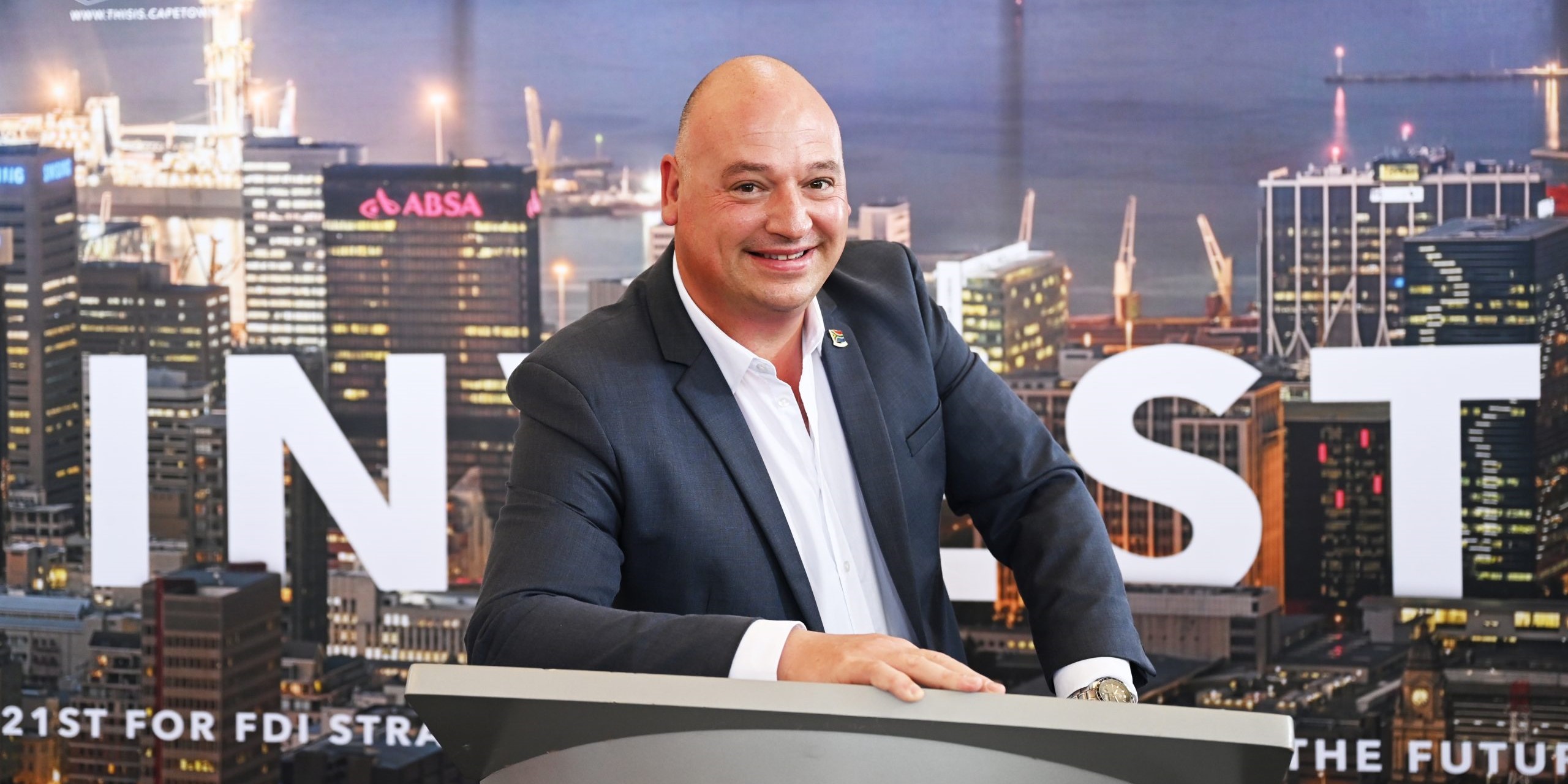In an era of personalisation, AI can support the hospitality industry in servingupbetter experiences for customers.And rather than be feared, it should beembraced.
AI has become a buzzword across industries over the past year with the advent of generative AI, but it has beenin usefor over a decade. During a recent panel discussion at WTM Africa, industry experts discussed how the hospitality sector should view the technology.
Louise Hibbert, Director of IT for the SHR Group, said people who use streaming services like Netflix and Spotify daily are already exposed to AI withoutevenrealising it.
Itssubliminal, not intrusive and theyre serving up content I like,based on who I am,where I am from.So AI is allowing us to move away from bog standard, general content into the personalisation-era, she said.
And while there is concern about AI replacing people, the panel was clear that human beings are essential in hospitality.
Hospitality is always going to be about humans, saidAmy Branford, UK sales manager for Guest Revu.
Its about using it in the right way and understanding the ways that you can use it to enhance an experience, she said.
This includes using it to sell experiences to guests and analyse data for trends or insights to inform decision-making.
AI will improve the quality of roles. If youre not doing repetitive, mundane tasks, youll enjoy your job more. AI doesnt take away jobs; it automates tasks, and a job is more than just one task, Hibbertsaid, adding that in the hotel industry, there are many repetitive, mundane tasks that, if automated, could free up people to do other tasks.
AI will improveworkloadJose Soares, Director of IT at The Capital, said there was a tendencywhen discussing tech,for businesses toonly bringbig problems to the table. But in hotels, the front desk, the concierge, their problems are never tabled.
He said introducing a generative AI tool like ChatGPT could help solve problems people throughout the business are experiencing. So at the executive level, youve got the big moves, with little ripples of change happening at an individual level.
This way people see that AI is not actually going to take my job, its going to improve my workload, he said.
However, ignoring AIs impact on the world of work is not an option either, and it is essential to upskill people to work with AI or to pursue other opportunities.
In Singapore, Soares said that peoplewho are40+ years old are being re-educated to teach them how to use technologies like AI.
We must not be on a drive to make ourselves obsolete, he said.
If people want to sit back and be lazy, it is going to overtake their job, Branford said.
While the shift to incorporate AI into a business could be seen as a significant investment that bringsbigchange, the panel advised against going all-in at once.
Soares said an important first step is to identify problems in the business and then ask, Do I have to use AI to solve them?
Make it small, but make it big in calculated steps, he said.
Because AI essentially works by using algorithms to analyse data, data quality and privacy issues are alsokey.
Our ethical framework has to be transparency. We have to tell people what (data) were collecting, why and what it will be used for, Hibbert said.
Soares said that in the absence of rules, policies, and legislation, ethics were an important topic of conversation.
We have an ethical responsibility to use this thing right. We messed it up with social media, he said.
Sign up to our mailing list and get daily news headlines and weekly features directly to your inbox free.










